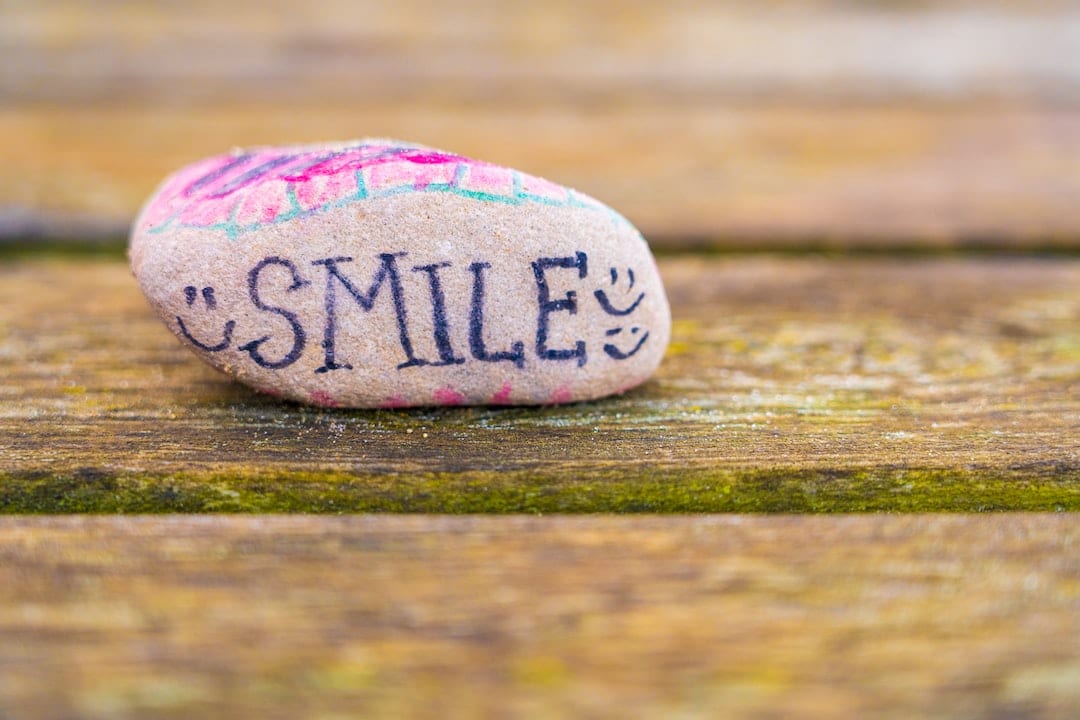
We have all experienced the harshness of judgment at one point in our lives. Judgment can make us feel inadequate, ashamed, and afraid, whether from other people or our consciousness. With its harshness and negativity, it’s no wonder why judgment can lead to depression, shame, and low self-esteem. However, it is possible to move away from judgment and take charge of our lives. In this article, we will explore the different ways to free our minds from judgment and instill positive self-acceptance into our lives.
Understanding Judgmental Thoughts
It can be difficult to break the habit when we judge others as challenging. It’s essential to take a step back and recognize the origin of your judgmental thoughts. Where are these thoughts coming from? Is it something you’ve heard, an experience, an underlying fear or insecurity? Understanding the origin of your judgmental thoughts can help you identify why you’re seeing a particular situation or person in a negative light. This will also help you recognize triggers and find ways to break the habit.
Identifying Judgments
When freeing our minds from judgment, one of the most critical steps is first to identify and recognize the judgments we are making. By acknowledging that we are making judgments, we can take the necessary steps to challenge and reframe them. Start by taking some time to reflect on your thought patterns. Ask yourself questions like “What am I judging myself or others for?’ and “What are my standards for judging someone or something as good or bad?’. This can help you to be aware of where your judgments are coming from and why you might be making them.
Releasing Judgmental Attitudes
It can be tough to let go of our inclination toward judgmental attitudes. However, when we make an effort to take a step back and observe our words, thoughts, and behavior, we can free ourselves from these biases and cultivate an open, non-judgmental mindset. A great place to start is to challenge any negative opposing or judgments actively. Whenever you judge someone unfairly, remind yourself that you don’t know all the situation details. Instead of judging, try to focus on understanding and accepting the person. Once you practice this regularly, you’ll find it easier to be more open and compassionate in your interactions.
Cultivating Self-Compassion
We all judge ourselves harshly or have negative thoughts about our abilities. When we do this, it can lead to feelings of low self-esteem and make us less motivated to reach our goals. To combat this, it is essential to learn how to cultivate self-compassion.
Self-compassion is the understanding and acceptance of yourself as you are — flaws and all. It means being kind and compassionate to yourself, even during the struggle. When you practice self-compassion, you can challenge the negative stories you tell yourself and shift your focus to growth and learning.
By giving yourself grace, reassessing goals, and taking time to practice self-care, you can create an environment of acceptance and care for yourself. Exercise, listening to music, or journaling are all great ways to start cultivating self-compassion. With consistent practice, you can free your mind from judgment.
Awareness of Emotions
Awareness of our emotions is essential in freeing our minds from judgment. It’s easy to forget how much emotions can influence our thoughts and decisions and that failing to recognize them can have negative consequences. Taking time for self-reflection can help us become more mindful of our emotions, allowing us to control our responses more effectively. Identifying and recognizing our emotions helps us better understand and accept them, helping to create healthier relationships with ourselves and others.
Instilling Self-Acceptance
When learning to accept ourselves, it’s important to free our minds from judgment and unhelpful thoughts. The path to self-acceptance starts by learning to be kind, take ourselves off the hook, and be willing to forgive our mistakes. Doing this opens the door to a new way of living, one where we can move forward with more confidence and security. It may also involve re-training how your mind works by challenging the negative thoughts and focusing on the positive aspects of yourself that you appreciate. If we can practice allowing ourselves to be enough and be exactly who we are right now, then we can experience true self-acceptance.
Never Comparing Yourself to Others
Living life free from judgment can be easier said than done, especially when comparing yourself to others. It’s easy to feel like you’re not good enough when you look around and compare yourself to everyone else. But the truth is, everyone has their obstacles and successes in life, and that comparison holds no value. It’s important to remember that everyone and everyone’s journey is different.
Focus on yourself and the process instead of comparing your success to others. If you can free your mind from the comparisons, you will be able to focus on your progress and growth, and that’s where true joy and freedom come from.
Adopting a Positive Mindset
One of the most challenging obstacles we can face is judgments from ourselves and others. Adopting a positive mindset can help free your mind from judgemental thoughts and become more resilient. A positive mindset encourages us to open our minds to new possibilities, challenge ourselves and take risks. It can also help us to develop a better understanding of ourselves and the world around us. By doing this, we can become more confident and empowered to create positive change.
Forgiving Yourself
Learning to forgive yourself is one of the most important aspects of freeing your mind from judgment. This doesn’t mean you shouldn’t take responsibility for your mistakes—it simply means allowing yourself to move on and forgive yourself for past errors. This can be hard to do, but it’s essential to lead a life without constantly judging yourself or others. So the next time you find yourself judging yourself or someone else, take a moment to forgive yourself and move on. You’ll be surprised at the sense of freedom and peace it can bring.
Conclusion
By making it through this article, you have taken a great step in freeing your mind from judgment. To gain control over your judgmental thoughts, you first need to recognize them, understand why they arise, and then take actionable steps to challenge them and transform them into positive energies. Identifying judgments and releasing judgemental attitudes is a necessary step toward self-compassion. Awareness of emotions and instilling self-acceptance are two powerful tools to make sure you don’t compare yourself to others and adopt a positive mindset. Forgiving yourself is the most important way to free your mind from judgment.
Read more:
Setting Goals For Self-Improvement
Stop Comparing And Start Living
Maximizing Effectiveness Through Values, Strengths And Goals



